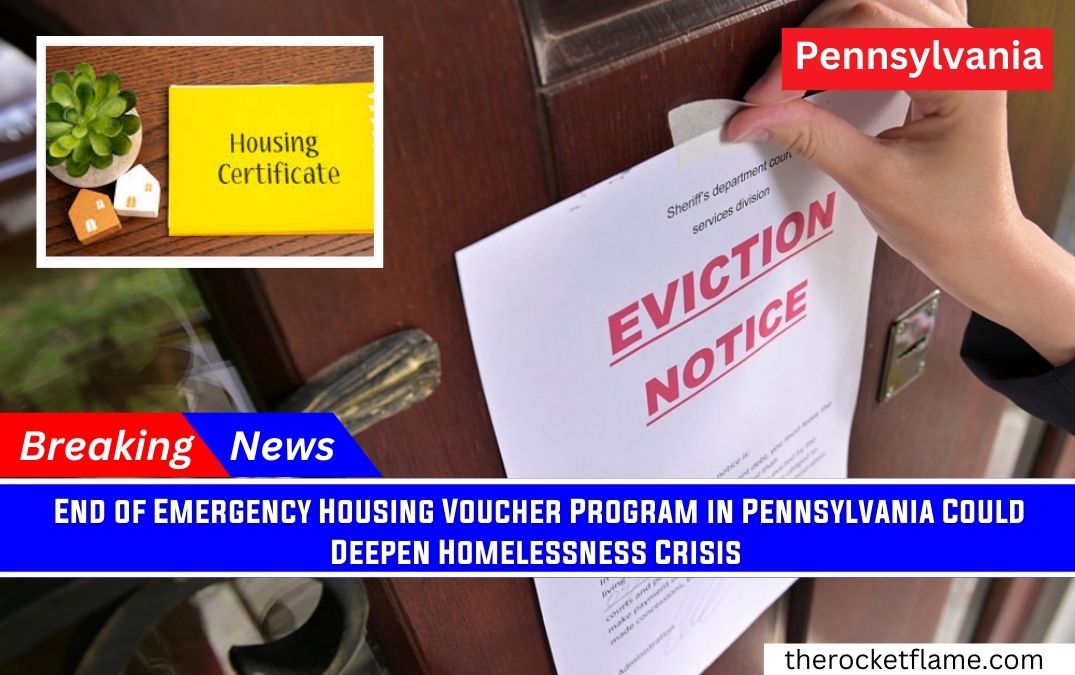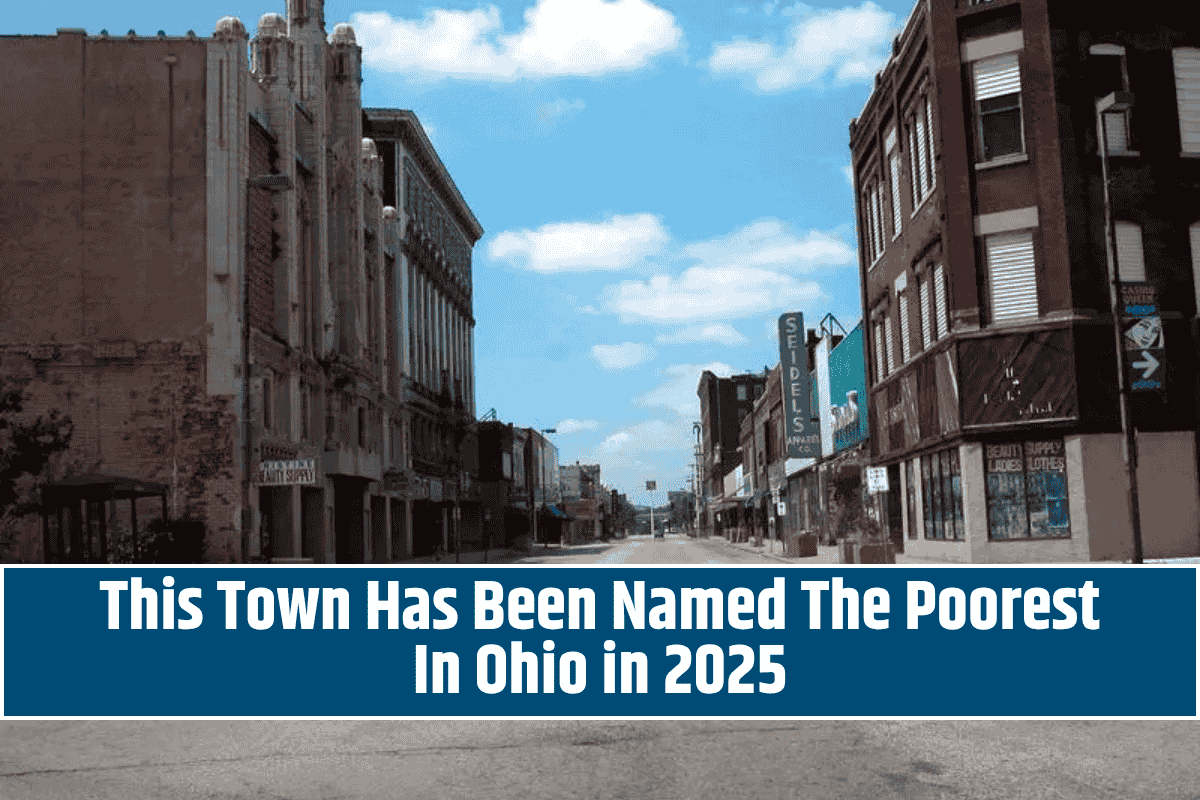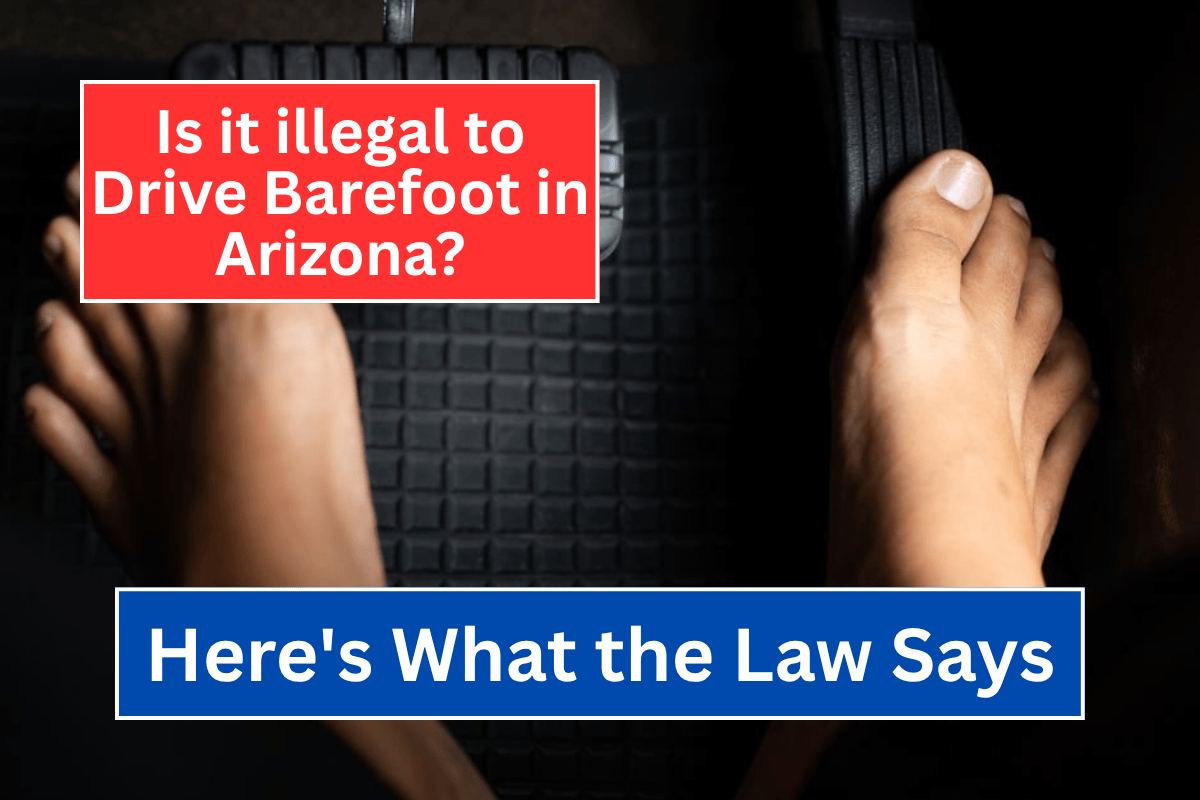The federal Emergency Housing Voucher (EHV) program, which began in 2021 and helped thousands of vulnerable Americans—including over 1,500 Pennsylvanians—will soon end due to depleted funds.
Housing experts warn that without new support, homelessness across the state will likely increase, especially in high-need areas like Bucks County and Harrisburg.
What Happened
The EHV program was created through the American Rescue Plan Act in March 2021 to assist those facing housing insecurity, particularly survivors of violence, human trafficking victims, and the chronically homeless.
Pennsylvania received 1,507 of the 60,000 federal vouchers distributed nationwide.
Unlike traditional housing programs, EHVs came with a sunset clause—unused vouchers couldn’t be reassigned, and the program was not meant to be permanent.
Key Details
- Program Termination: HUD recently notified housing authorities that funding will likely expire by 2025 or early 2026 due to surging rents and underfunding.
- Bucks County Needs: In 2025 alone, Bucks County identified 511 people experiencing homelessness—enough to use one-third of the state’s entire EHV allocation.
- Harrisburg Example: The Housing Authority of Dauphin County received 25 EHVs. Only 21 were successfully leased. The remaining three are uncertain, as HUD advises against renewing leases without guaranteed funding.
- Rising Costs: In Bucks County, rent for a one-bedroom apartment has surged to nearly $2,000—up 32.5% since 2022.
Reactions or Statements
Leah Eppinger, Executive Director of Dauphin County’s Housing Authority, expressed concern about families losing assistance.
“We’re not sure what will happen if [voucher holders] don’t find housing,” she said.
State Representative Lisa Borowski has reintroduced two bills to help victims of violence access housing and recover essential documents, but doubts state funding can replace federal cuts.
“The state just won’t have the funds to supplant all that the federal government is proposing cutting,” Borowski said.
Legal Aid attorney Kimberly Hollenback urged victims to continue seeking help through other programs.
“There’s more available help than folks realize,” she said.
Investigation or What’s Next
Housing authorities are exploring ways to convert remaining EHVs into long-term Housing Choice Vouchers (HCVs), but the waiting list is long. Dauphin County alone has over 6,600 individuals and families waiting for public housing.
Efforts to transition current EHV users to HCV status are underway but are unlikely to reach all affected households.
FAQs
Q1: What is the Emergency Housing Voucher program?
A HUD-funded program created in 2021 to support vulnerable individuals with rental assistance during the COVID-19 recovery.
Q2: Why is the program ending early?
Rising rental costs depleted funds faster than expected, and HUD notified agencies not to renew leases due to budget shortfalls.
Q3: Who did the EHVs help?
Survivors of domestic violence, sexual assault, human trafficking, and the chronically homeless.
Q4: What can EHV recipients do now?
They may apply for traditional housing programs or victim support services like the Pennsylvania Victims Compensation Program.
Q5: Can the state of Pennsylvania replace the lost federal funding?
Unlikely. Lawmakers say state budgets cannot cover the gap created by federal cuts.
Summary / Final Takeaway
With the Emergency Housing Voucher program sunsetting earlier than planned, Pennsylvania faces a looming crisis in its homelessness response.
The most vulnerable residents—including victims of violence and those already homeless—may soon lose critical support unless federal, state, or local agencies step in with lasting solutions.












